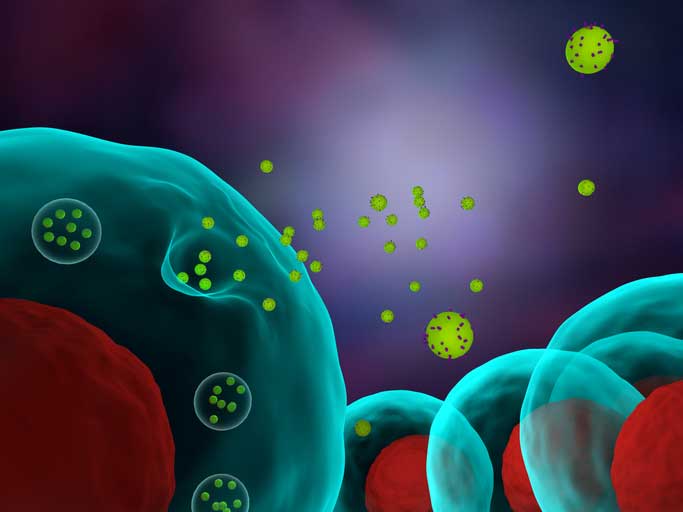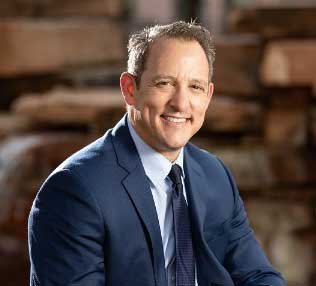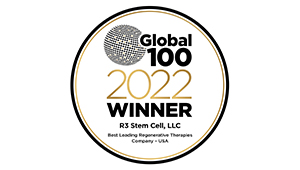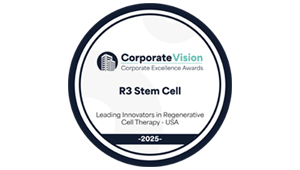Many medical studies are still underway to help scientists fully understand the powers and wonders of regenerative procedures. Researchers might not have a clear picture of some parts of regenerative medicine yet, but it is clear that regenerative medicine is the future of medicine. These procedures will help humans live longer and better lives using the natural healing agents in the body. Dead cells, tissues, bones, cartilage, connective tissues, and muscles will undergo quick rejuvenation through minimally invasive procedures.
One of the most important regenerative procedures is exosome therapy. This simple procedure packs all the potential and goodness of stem cells without any form of reservations that some medical researchers have attached to stem cell therapy. As a result of its proven success rates, the R3 exosome therapy Phoenix Arizona centers provide services to patients who can benefit from the rejuvenation qualities of the cellular byproduct. Here are reasons why you should opt for exosome therapy in Arizona.
Exosomes Carry Helpful Biomolecules
Exosomes are bubble-shaped extracellular vesicles. They are parts of stem cells that carry biological molecules such as messenger RNA, proteins, and lipids from one cell to another. Stem cells, as well as many other types of cells, use exosomes as a form of communication tool. When an exosome attaches to a deformed cell, it could change the composition of the cell through the information it is carrying.

3d render of cells releasing exosomes
Not only do exosomes carry valuable materials, but they also carry them in droves. Researchers have revealed that a tiny droplet of exosomes contains thousands of noncoding RNAs and different types of proteins that spur cellular rejuvenation.
Exosomes Are not Cells
Exosomes are cellular byproducts, but they are not cells. Cells differentiate, and there could be a small chance of mutation that can lead to tumors. Exosomes are not cells, so they do not pose such risks to patients.
In addition, exosome therapy does not seek to restructure or sabotage nuclear DNA, like some other forms of regenerative procedures. Exosomes attach themselves to cells and pass “instructions” that can change the composition or formation of such cells. They do not proliferate or pose any risk of abnormal growth in patients.
This factor alone could place exosome therapy above stem cell therapy in the treatment of certain conditions. Though the U.S Food and Drug Administration has approved stem cell therapy for the treatment of certain illnesses, it is still concerned about its safety for some other conditions. The reservation is a result of cellular proliferation, which could result in tumors. This is not the case with exosome therapy.
Exosome Therapy Poses No Risk Of Rejection
They are only messenger tools. The body expects them and would not view implanted exosomes as foreign materials that should be attacked. So, there is rarely any risk of rejection in patients who get exosome therapy.
Exosome therapy and other Regenerative procedures are the future of medicine. Do not hesitate to contact our exosome therapy Scottsdale AZ center and other Arizona centers to get the best exosome therapies and other regenerative procedures.











Sorry, the comment form is closed at this time.